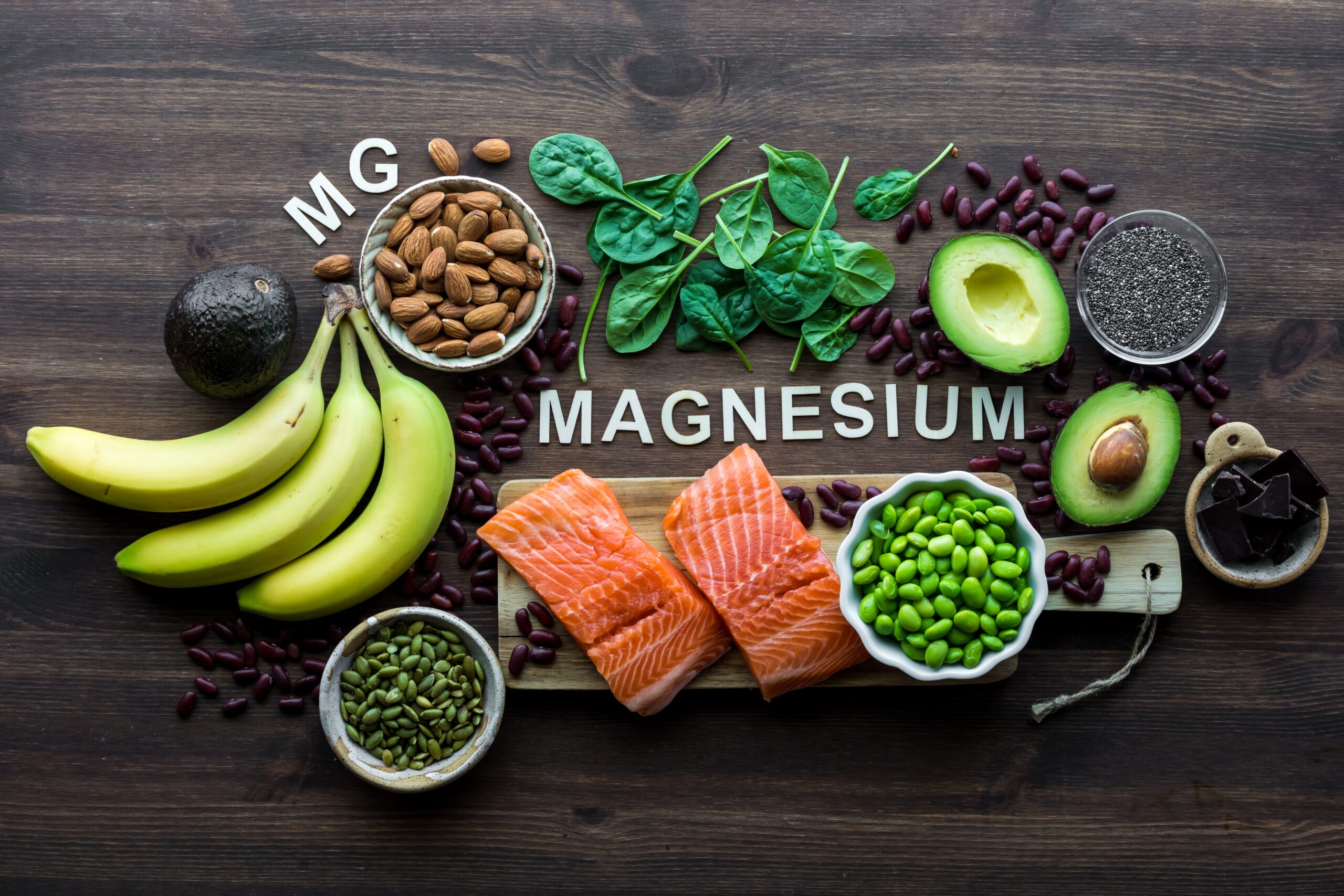Magnesium is a key mineral often overlooked but crucial for muscle recovery. It plays a vital role in over 300 biochemical reactions in the body, including muscle contraction and relaxation. Despite its importance, magnesium deficiency is quite prevalent, with some studies suggesting that up to 50% of people have inadequate intake.
Signs of Low Magnesium
Signs of magnesium deficiency can include muscle cramps, fatigue, twitching, and increased susceptibility to injuries during workouts. Poor sleep, mood swings, and headaches are also common symptoms. Athletes and those engaging in regular physical activity are particularly at risk due to increased magnesium loss through sweat.
Enhancing Muscle Recovery with Magnesium
Magnesium helps ease muscle tension, reduces soreness, and supports overall muscle function. By improving oxygen delivery to muscles, it accelerates recovery after exercise. Incorporating magnesium into your diet can significantly enhance recovery times, making it a must-have for anyone focused on performance and recovery.
Best Types of Magnesium for Muscle Tension
Several forms of magnesium can help alleviate muscle tension. Magnesium glycinate is known for its calming properties and ease of absorption. Magnesium citrate is another popular choice for muscle relaxation, but it can have a mild laxative effect. Magnesium chloride, commonly found in topical sprays, can provide localized muscle relief.
Tips for Safe Supplementation
It’s essential to aim for the recommended daily intake of 310-420 mg for adults, depending on age and gender. Magnesium can be found in leafy greens, nuts, seeds, and whole grains. However, supplementation may be necessary if dietary intake is insufficient. Always start with a low dose to avoid gastrointestinal discomfort, and consult a healthcare provider before starting any new supplement, especially if you have preexisting conditions.
Boost your recovery by ensuring adequate magnesium intake—your muscles will thank you!


Recent Comments